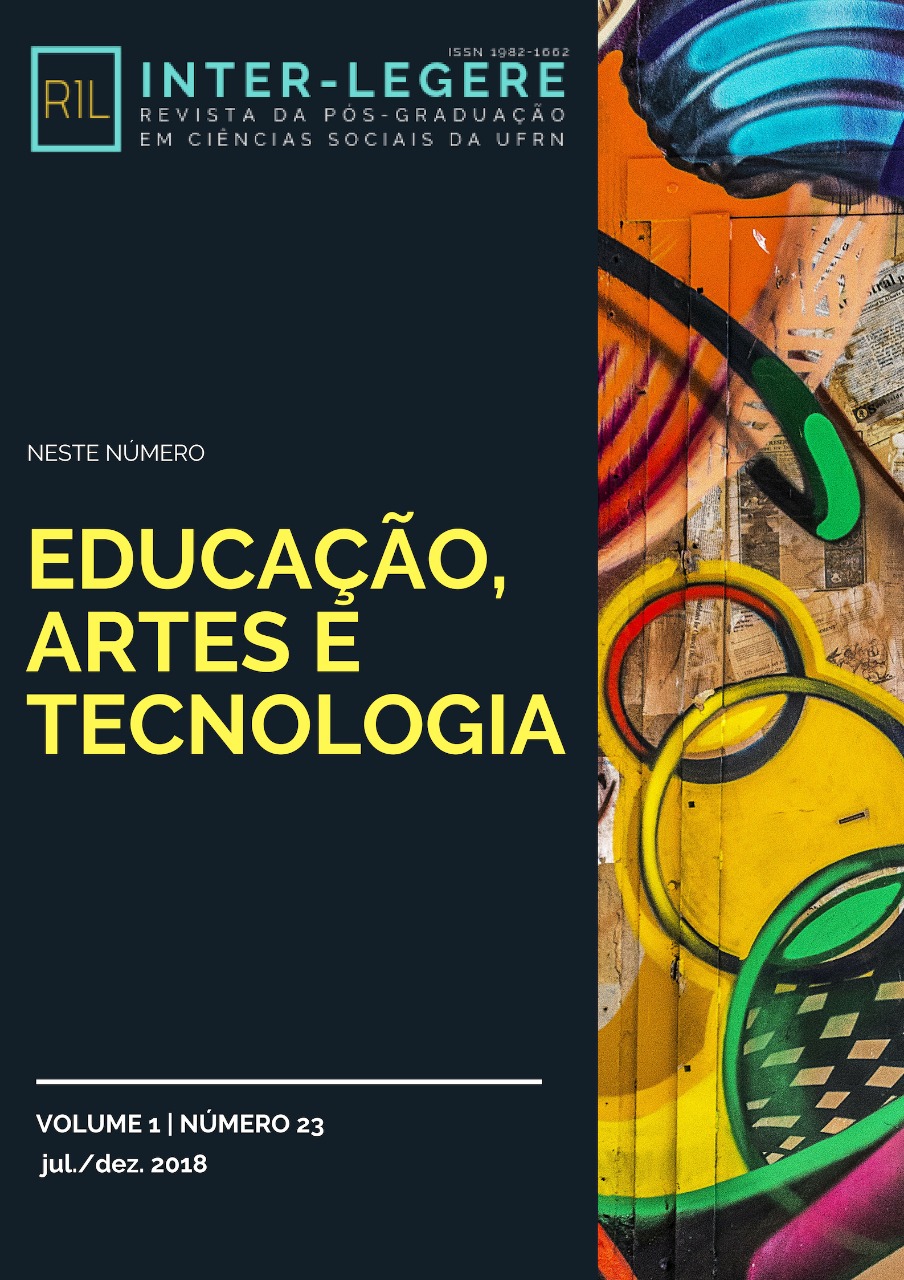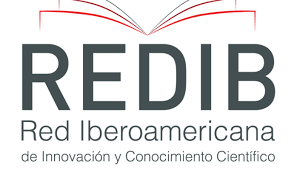TEORIA MARXISTA E BUEN VIVIR
MARXIST THEORY AND BUEN VIVIR
DOI:
https://doi.org/10.21680/1982-1662.2018v1n23ID15726Resumo
O objetivo do artigo é analisar as similitudes e as divergências entre duas concepções críticas ao Capitalismo: a Teoria Marxista e o Buen Vivir, mais especificamente no que diz respeito às propostas de superação desse sistema e às condições para que elas se concretizem. As semelhanças evidenciam-se na oposição a um sistema caracterizado pela exploração do homem pelo homem e do homem pela natureza, pela produção exacerbada de mercadorias e pela ausência de sentido de um trabalho alienado. Ambas perspectivas propõem uma mudança que propicie a construção de uma sociedade menos desigual. Partem, entretanto, de entendimentos diferentes das condições para que essa mudança se concretize. Na teoria marxista, em que se tem por base o materialismo histórico, o Comunismo só seria viável quando as relações de produção características do Capitalismo passassem a se constituir em um obstáculo ao desenvolvimento das forças produtivas e a exploração do proletariado pela burguesia atingisse o seu limite. Já no caso do Buen Vivir, a transformação social não teria como pressuposto o antagonismo de classe e a exploração, mas a noção de complementariedade e equilíbrio; e a consciência não seria concebida como subordinada às condições materiais de existência, sendo o plano material e o plano simbólico vistos como parte de um todo.


 Português (Brasil)
Português (Brasil) English
English Français (Canada)
Français (Canada) Español (España)
Español (España)





